California City Becomes First To Vote To Ban Fracking
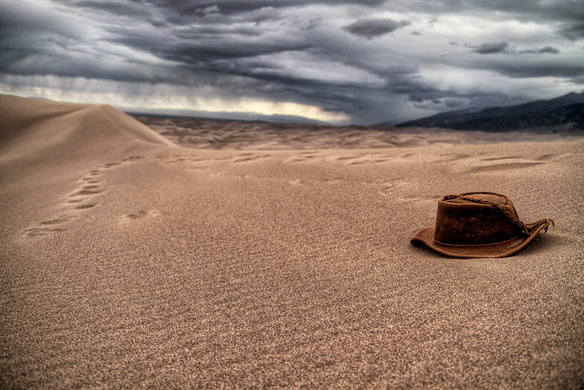
Beverly Hills became the first city in California to pass a ban on fracking and related extreme well stimulation techniques with a unanimous vote.
Air Pollution Over Asia Influences Global Weather, Strengthening Pacific Storms
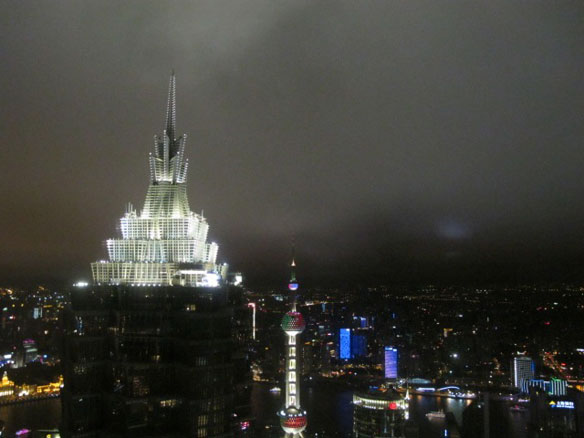
In the first study of its kind, scientists have compared air pollution rates from 1850 to 2000 and found that anthropogenic (human-made) particles from Asia impact the Pacific storm track that can influence weather over much of the world.
Ocean Acidification Robs Reef Fish Of Their Fear Of Predators
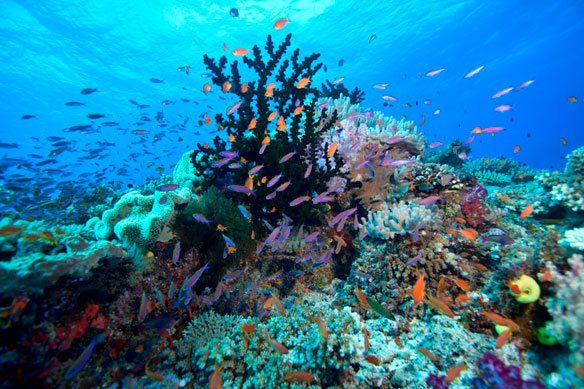
Research on the behavior of coral reef fish at naturally-occurring carbon dioxide seeps in Milne Bay in eastern Papua New Guinea has shown that continuous exposure to increased levels of carbon dioxide dramatically alters the way fish respond to predators.
On Fracking Front, A Push To Reduce Leaks of Methane

Scientists, engineers, and government regulators are increasingly turning their attention to solving one of the chief environmental problems associated with fracking for natural gas and oil – significant leaks of methane, a potent greenhouse gas.
More Male Fish Feminized By Pollution On Basque Coast, A Study
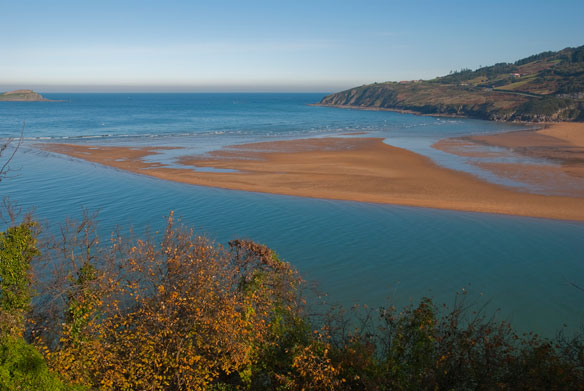
Evidence of feminization of male fish in the estuaries of Gernika, Arriluze, Santurtzi, Plentzia, Ondarroa, Deba and Pasaia has been discovered. Pollutants acting as estrogens are responsible for this phenomenon.
Human Activity Influences Beach Bacterial Diversity
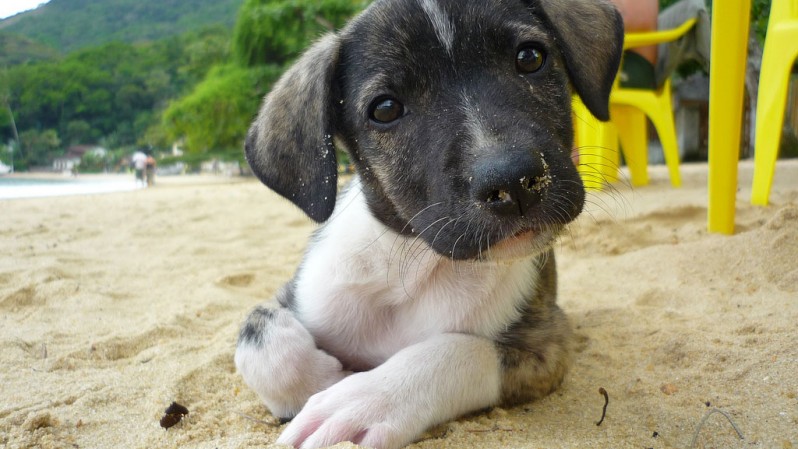
Human activity influences ocean beach bacterial communities, and bacterial diversity may indicate greater ecological health and resiliency to sewage contamination. Beaches all contain bacteria, but some bacteria are usually from sewage and may contaminate the water, posing a public health risk.
Haze Blows Across Northeastern Asia
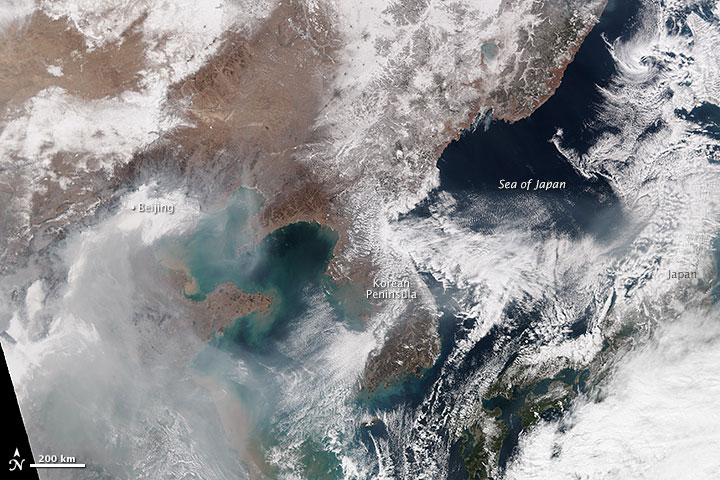
An all-too-common winter weather pattern settled over northeastern China over the past two weeks, letting air pollution build to hazardous levels. A temperature inversion trapped pollution near the ground, making particulate measurement soar.
Three Years after Fukushima: Tracking Radionuclides in the Pacific Ocean

Scientists have been keeping a close eye on how radionuclides from the Japanese power plant are being transported in the Pacific Ocean since the Fukushima Dai-ichi Nuclear Power Plant accident in March 2011. In a press conference (February 24th), researchers will discuss results from computer models predicting how cesium-137 is being dispersed in the Pacific Ocean.
Japan’s Fukushima Nuclear Plant Leaks Radioactive Water
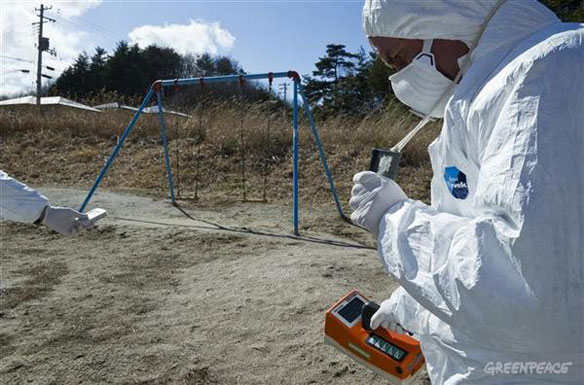
Around 100 tonnes of highly radioactive water have leaked from a storage tank at Japan’s Fukushima nuclear plant, operator Tokyo Electric (Tepco) says today.
